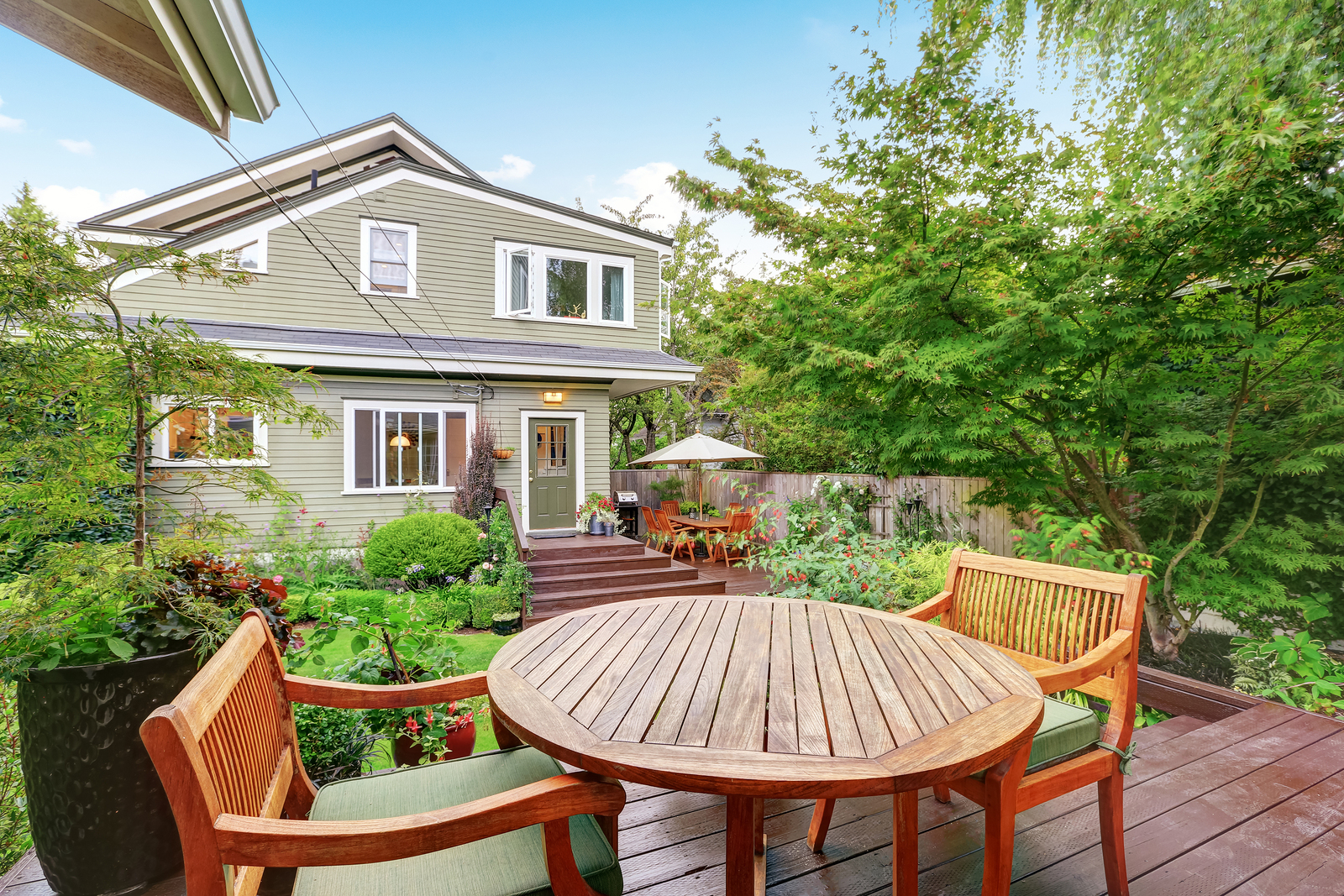
How much you pay to insure your home can vary depending on many factors, including your deductible, the age of your home and the insurer from whom you’re buying your policy.
When purchasing homeowner’s insurance, part of your premium will be determined by the selections you make in three main areas:
- Dwelling and other structures: This is one of the most important parts of your policy meant to protect the structure of your home and ensure you can rebuild in the event of a total loss. Coverage also extends to any outlying buildings, such as tool sheds or barns. You’ll set a policy “limit” on how much the insurer will pay. Make sure it is enough to cover the cost to rebuild the structure, an amount that may be more or less than its current market value.
- Personal property: When it comes to covering the contents of your home, including personal or household items, there are two ways to go. Actual cash value is usually cheaper to purchase, but will only reimburse you for the cost of the item minus depreciation for age or wear and tear. You’ll pay more for replacement cost coverage, but will receive compensation for the item at the current replacement cost.
- Liability: Designed to protect you, the home owner, liability is important coverage in the event that someone is injured on your property and decides to sue. Be sure to set your limits high enough to protect you and your assets.
Value Penguin reviewed the cost of homeowners coverage in every state and found the average to be around $1083 a year in the U.S., but there are many factors that impact the price of your policy. Below are a few considerations.
Average state home insurance costs
Although there are various factors that impact your rate calculation, where you live is a big factor. Areas that are prone to high incidences of claims, such as hurricane-ridden Florida or states in tornado alley, may witness higher costs.
For instance, Florida and Texas are seeing the highest premiums in the nation this year after major hurricanes devastated portions of each state in 2017. Oregon, Idaho and Utah, three states that have witnessed few natural disasters, enjoy the lowest annual premiums.
Condition and age of your home
In evaluating the condition and age of your home, your insurer will look at everything from your heating system, pipes, and electrical wiring, to the age of your roof. For example, galvanized and lead pipes found in older homes are more prone to leaks and cracks than plastic and copper piping which leads to higher insurance premiums. Older electrical wiring also raises your risk of fire, resulting in higher rates.
Risky behaviors
Properties with certain recreational amenities, such as pools and trampolines, can easily garner higher premiums due to the inherent associated risks. Owning a certain breed of dog can also drive up your rates, or with some insurers, put you out of the running for coverage altogether.
Your claim history
Your past insurance history has a lot to do with how much you’ll pay for your homeowners premiums. When determining your rates, insurance companies factor in how often you’ve made a claim against your policy in the past and the severity of the claim. Claiming minor storm damage may not have much of an impact on your policy, whereas dog bites, slip and fall accidents or water damage are all incidents where many insurers will raise rates.
Deductible
Insurance plans can vary from low to high deductibles. To keep premiums down, choose a higher deductible. However, you have to remember that if you file a claim to repair your home, your insurance company will only cover the portion of the costs excluding the deductible.
It’s not all about the cost
Your home is one of the most important investments you will make, so when it comes to selecting an insurer, try to think beyond the cost of the premium. How helpful are they in ensuring that you have selected the appropriate coverages? Have they made sure you are getting all of the discounts to which you’re entitled? Most importantly, how is their claims process?
A little online searching can reward you with important information to help you select the insurer that’s right for you.
Insurance companies review multiple factors when they calculate your premium, so also take time to shop around every few years or so to make sure you’re still getting the best rate.
Here at bolt insurance Agency, we make it easy for you to compare homeowners insurance quotes from top insurance carriers. Just complete our multiple quote insurance form found here.